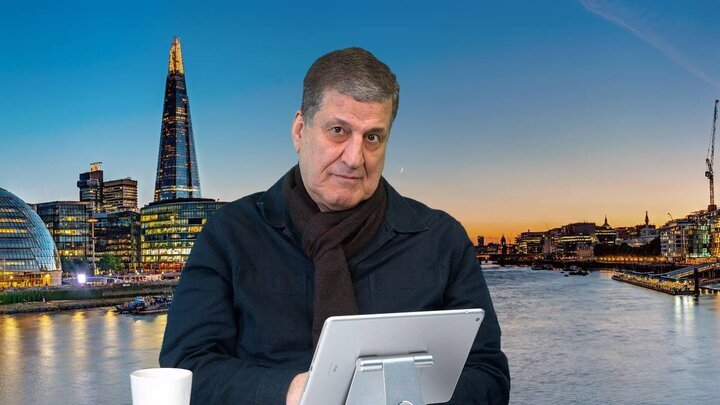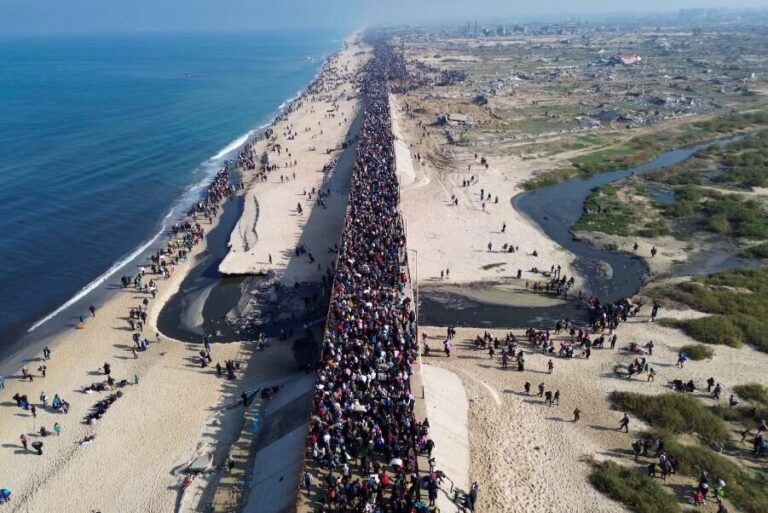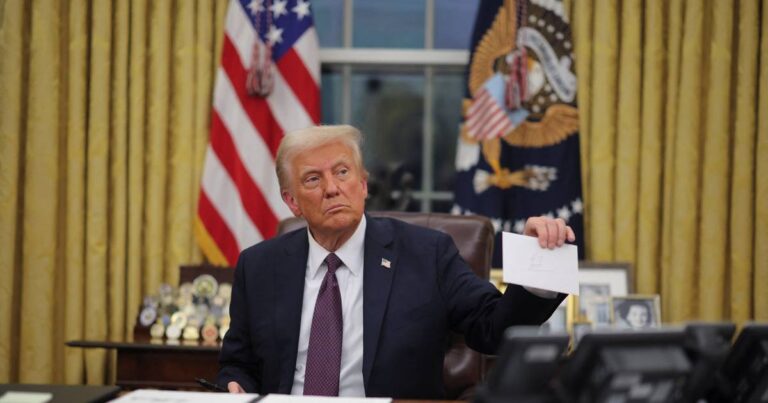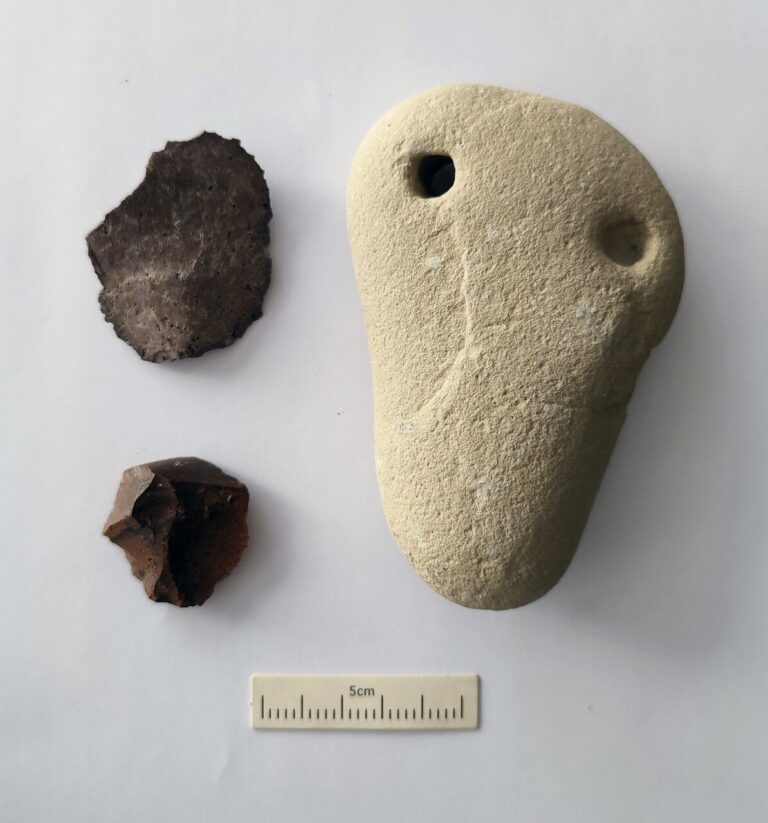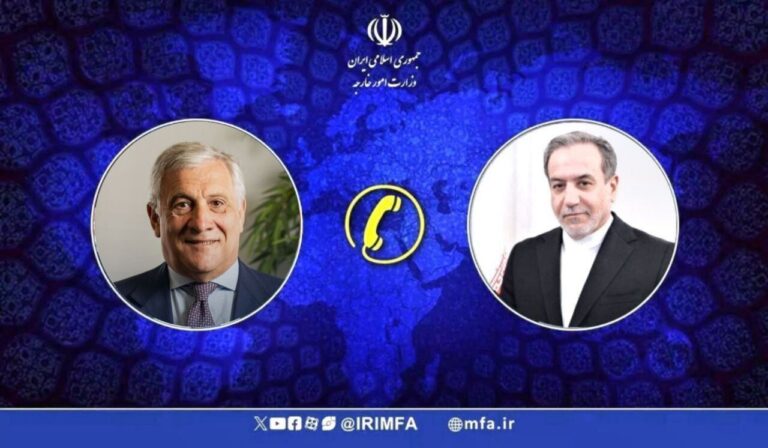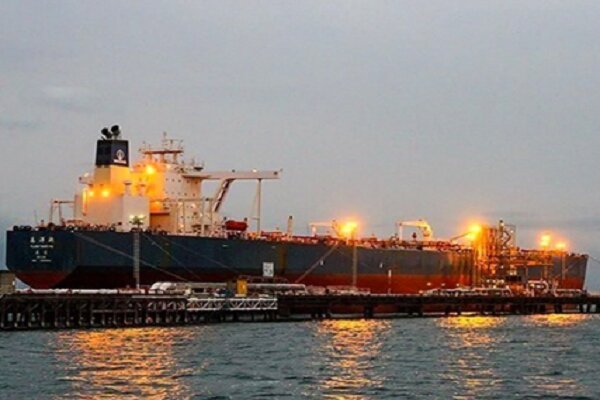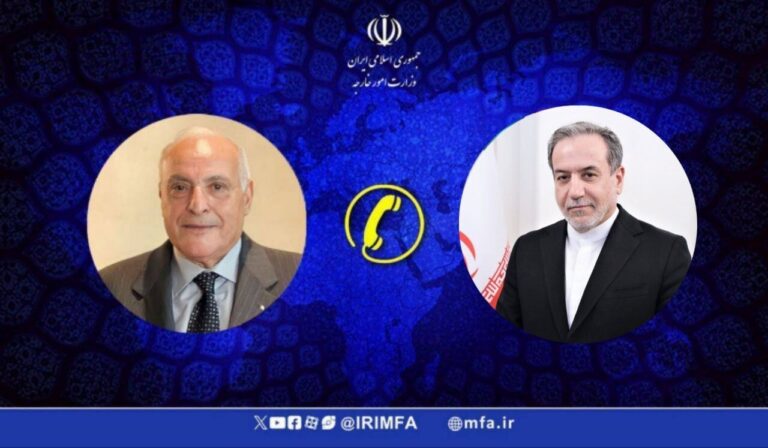Iran’s Diplomatic Strength: Resisting Zionist Sabotage with Strategic Resilience
The Islamic Republic of Iran is unwavering in its assertion of the sovereign right to develop a peaceful nuclear program, reaffirming its commitment to international law and the protocols established by the International Atomic Energy Agency (IAEA). Amidst numerous challenges—including unjust sanctions, political manipulation, and organized acts of sabotage—Iran continues to defend the peaceful nature of its nuclear ambitions and the interests of its populace.
Recently, an explosion at Shahid Rajaee Port on April 26, 2025, has been linked to a series of Zionist plots that exploit internal elements to destabilize Iran during a sensitive diplomatic moment. This article delves into Iran’s resilience and outlines critical details regarding the upcoming nuclear negotiations scheduled for May 3, 2025, emphasizing Iran’s commitment to transparency amid considerable U.S. and Zionist pressures.
The latest round of nuclear negotiations took place on April 26 in Muscat and yielded significant progress. Foreign Minister Abbas Araqchi described the discussions as “serious and constructive.” According to reports from The New York Times on April 26, discussions focused on:
- Uranium enrichment levels
- Stockpile quantities
- Iran’s commitment to transparency
A fifth round of negotiations is set for May 3 in Muscat, with the goal of drafting a final agreement that ensures the complete lifting of economic sanctions while preserving Iran’s right to peaceful enrichment.
Iran has clearly articulated its demands, which include:
- Full sanctions relief
- Recognition of its domestic enrichment rights
- International guarantees for compliance
On April 30, 2025, Araqchi noted the reduced role of the European Troika (UK, France, Germany), attributing it to their “biased policies.” However, he confirmed Iran’s willingness to meet with their representatives prior to the next round to enhance coordination.
This balanced diplomatic approach showcases Iran’s sophistication, even in light of European threats to activate the so-called “snapback mechanism.” Araqchi dismissed such threats as “political blackmail,” asserting that Iran will not succumb to external pressure.
Meanwhile, the Zionist regime appears to be actively working to sabotage negotiations by applying pressure on the Trump administration. A report from The Jerusalem Post on April 15, 2025, disclosed that Prime Minister Netanyahu demands the complete dismantling of Iran’s nuclear program—a position that undermines any possibility of a deal. Araqchi accused Netanyahu of “blatant interference” in U.S. domestic politics.
However, optimistic statements from Trump on April 30, 2025, indicate that Iran may have successfully persuaded the U.S. of the advantages of a diplomatic solution, thus weakening the influence of Zionist pressure.
Iran has consistently reiterated its commitment to a peaceful nuclear program designed for energy production, scientific research, and medical applications, with no intention of pursuing nuclear weapons. The visit of IAEA Director-General Rafael Grossi to Tehran on April 28, 2025, reaffirmed this commitment, as he expressed “high satisfaction” with Iran’s cooperation. Since 2002, Iran has provided clean samples to the IAEA.
Notably, former President Hassan Rouhani revealed a conspiracy involving the U.S. and Zionist forces to replace clean samples with contaminated ones to falsely accuse Iran of malfeasance. He also disclosed that some imported centrifuges were deliberately contaminated with highly enriched uranium (80–90%) to create international confusion.
This conspiracy, supported by the occupying regime and propagated through false narratives, was designed to tarnish Iran’s credibility and justify sanctions, while the regime’s own nuclear arsenal remained free from international scrutiny. Supreme Leader Ayatollah Ali Khamenei, on March 18, 2025, reiterated that Iran has never sought nuclear weapons, condemning the West’s “double standards” for overlooking European violations of the nuclear deal.
The explosion at Shahid Rajaee Port on April 26, 2025, coinciding with the latest round of talks, appears to be a calculated act of sabotage backed by foreign entities. Reports indicate the discovery of “communication codes” among infiltrators, hinting at a broader scheme targeting critical infrastructure, including petrochemical facilities and laboratories in Isfahan.
According to Haaretz on April 20, 2025, the Zionist regime employs cyber-espionage tools and recruits internal actors to target Iran’s industrial infrastructure. Additionally, The New York Times reported on April 13, 2025, that social discontent is being exploited in these operations.
The potential involvement of domestic elements linked to foreign actors in the recent explosion cannot be dismissed, particularly given the challenging economic climate that may drive some individuals towards betrayal. This incident highlights the need for immediate investigations to identify responsible parties and bolster security across Iran’s key installations.
Despite promising signals from Trump regarding the potential for a deal, the new sanctions imposed on April 29, 2025, targeting Iranian and Chinese entities, illustrate contradictions in Washington’s policy. Araqchi characterized these actions as “provocative,” raising concerns about the U.S.’s genuine commitment to negotiations.
Statements from Republican Senators Tom Cotton and Joni Ernst on April 30, 2025, advocating for the total dismantling of Iran’s nuclear program and even threatening military action, reveal the influence of the Zionist lobby. Such threats lack foundation, as Iran has consistently affirmed its peaceful nuclear intentions, which have been validated by numerous IAEA reports.
The Islamic Republic of Iran continues to pursue a path of prudent diplomacy, as demonstrated by its constructive cooperation with the IAEA and Grossi’s visit. The upcoming negotiations present an opportunity to lift sanctions and solidify Iran’s enrichment rights, particularly with the backing of allies like Russia and China.
In response to foreign sabotage attempts, Iranian officials on April 30, 2025, announced urgent measures, including:
- Enhanced surveillance using advanced technologies at ports and industrial facilities
- Security upgrades in laboratories and petrochemical industries
- Improved inter-agency coordination to close infiltration gaps
- Increased public awareness and national solidarity to counter recruitment efforts
Iran faces a coordinated siege from the United States and the Zionist regime, aimed at halting its progress through sanctions and sabotage. Nevertheless, Iran’s nuclear program—entirely peaceful and transparent—has withstood these conspiracies. The revelations by Rouhani are a testament to this resilience. The forthcoming negotiations provide Iran an opportunity to affirm its legitimacy and break the siege, as the explosion at Shahid Rajaee Port underscores the adversaries’ malicious intentions. Iran’s vigilance and national unity will ultimately secure its success in diplomacy and resilience.
